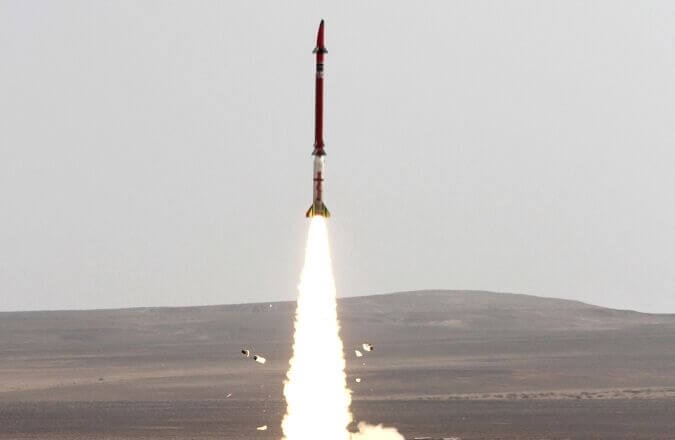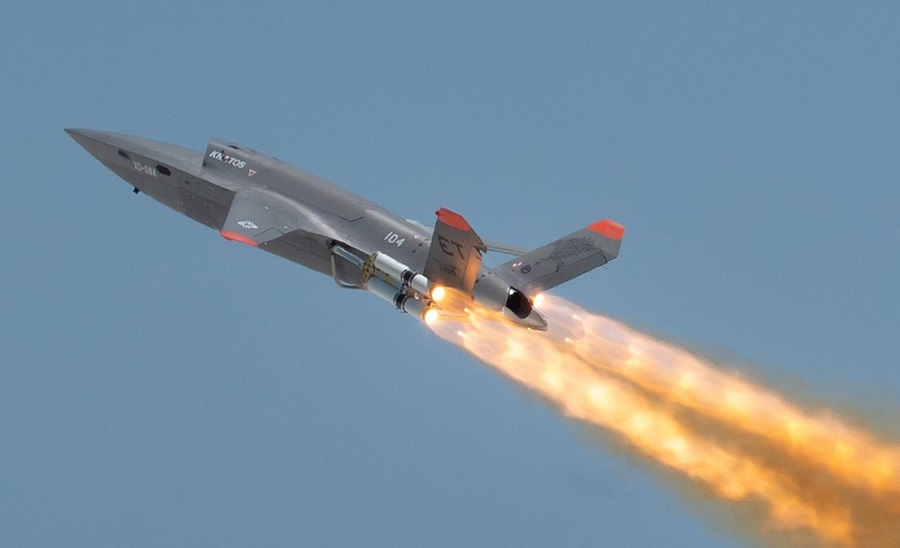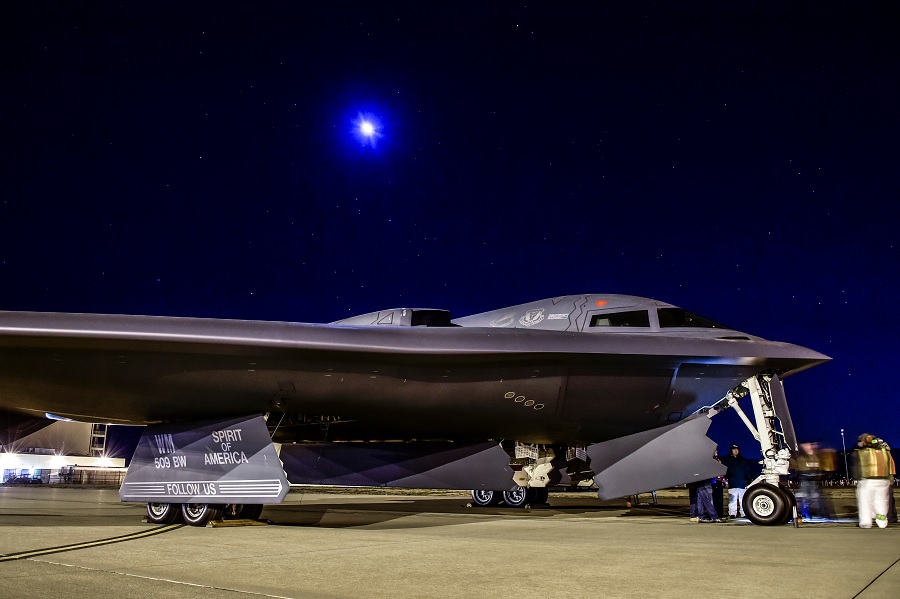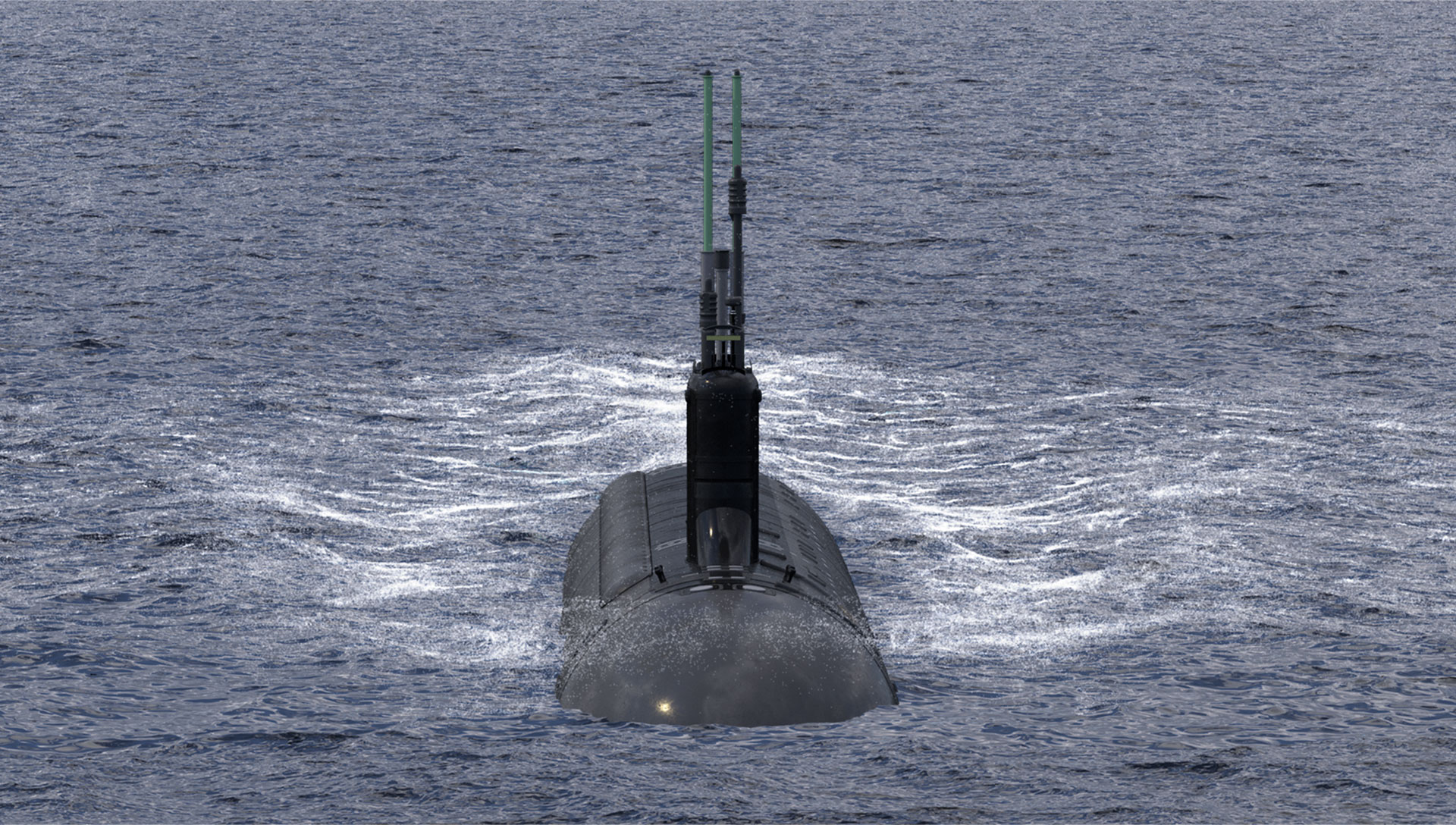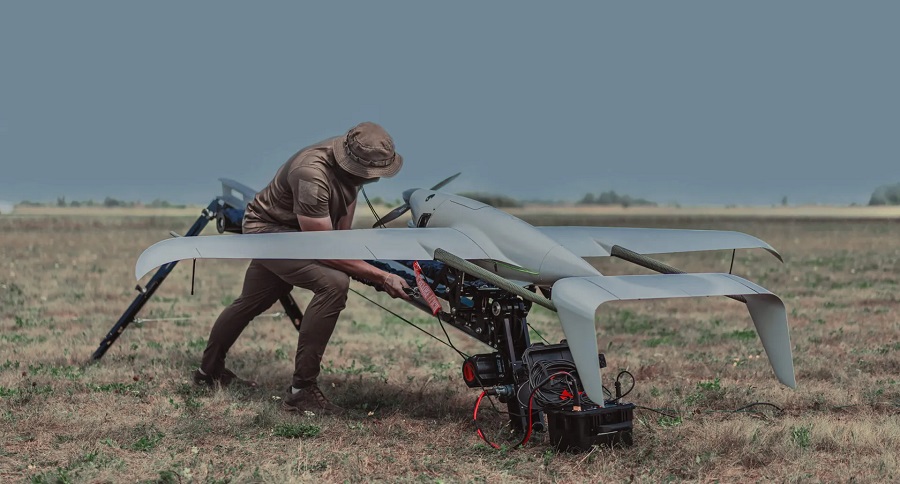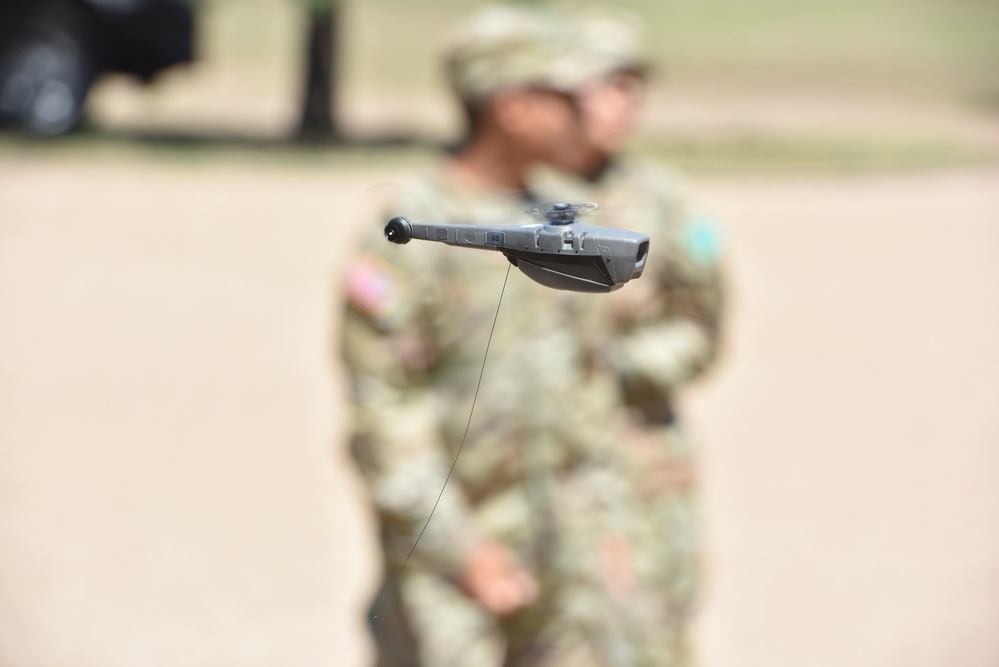The Russians, according to Israeli sources, have developed very advanced GPS denial and EW systems based on their experience in Syria.
Two years ago Israel was affected by Russian GPS denial systems operated by the Russians in Syria. The Russian GPS denial systems operated in Syria have in recent years caused interference mainly to the civil aviation in Israel.
The recent years GPS denial events caused by the Russian forces in Syria accelerated the development of systems that will make Israeli-developed military systems immune to such disruptions. Some are already in operation while others are being tested.
Some of the EW and GPS denial systems tested by the Russians in Syria are being used in the Ukraine war.
When the Russian GPS denial systems caused problems in Israel, two years ago, the Russian Ministry of Defence said the military has created a multilayered electronic warfare (EW) network to destroy drones in Syria.
Media were shown intercepted drones, including two quadcopters and an improvised unmanned aerial vehicle (UAV) carrying a warhead. The control and radio navigation channels of the UAVs had been silenced, resulting in a forced landing.
Denis Kulikov, then commander of the EW unit at Tartus base, said a dome-shaped EW counter-UAV network has been established in Syria.
The Russians are also using Ratnik-Kupol system which is designed to suppress UAV communication channels.
Another EW system used by the Russians in Syria is the Krashuka S-4 that is detecting aerial targets while a shipborne TK-25 is suppressing the enemy’s radar.
It has always been a point of pride for the Russian military to have electronic warfare capabilities. They see them as a vital countermeasure to the effectiveness of Western high-tech weapons.
The proliferation of Chinese and Russian-made GPS jamming systems in the Middle East accelerated the process of equipping the Israeli airforce’s aircraft with anti-jamming systems.
Some of the more advanced weapon systems used to attack Iran-related targets in Syria are equipped with sensors that are not dependent on GPS.
One such system is the Rafael Spice family of gliding weapons. According to the company, advanced EO/IR technologies allow the targeting, acquisition, and autonomous tracking of moving targets, and a scene-matching algorithm enables fully autonomous, GPS-independent missions with midflight path adjustment and minimum collateral damage.
The Israeli Air Force revealed that advanced anti-jamming systems developed by Israel Aerospace Industries (IAI) have been integrated into advanced platforms used by its different squadrons.
The system is the ADA Anti-Jam GPS System, designed to protect GPS/GNSS navigation from jamming.
According to IAI the system has been integrated into advanced platforms used by the Israeli Air Force (IAF), including F-16 fighter jets and various types of UAS. The ADA System has demonstrated operational maturity and is in use by a number of international customers on various airborne, land, and marine platforms. ADA is combat proven in providing immunity against GPS jammers, most recently demonstrating its effectiveness in ‘Operation Guardian of the Walls’ last May.
ADA-O, a derivative of the ADA System, adds to the existing ADA portfolio by providing an optimal solution for land or marine platforms requiring outdoor operations. ADA-O is compatible with various platforms, providing a unique, effective and mature operational solution to communication, navigation and command and control systems. Straightforward installation ensures quick integration on end-users’ platforms, such as APC’s, artillery guns, MCCVs, and communication shelters. ADA-O is also suitable for integration on marine platforms.
“Electronic warfare poses an evolving threat to satellite navigation systems. The integration of the ADA System to protect various platforms against GNSS jammers is an essential component to any platform or mission system that uses GNSS receivers in general and GPS receivers in particular. As such, it constitutes a critical element of any modern army’s operational organization,” a company source said.
While the Israeli Air Force performed strikes on Iranian-related targets in Syria, Russian GPS denial systems were operated but according to defence sources failed to disrupt the strikes that were performed mainly by air-launched standoff weapon systems.
Since the beginning of 2019, the Russian military has been using R-330Zh electronic warfare systems called Zhitel to disrupt GPS signals over Syria, Lebanon and northern Israel.
The Russians used these disruptive systems only to test them and their capabilities against Western combat equipment.
The Russians, according to Israeli sources, wanted to test the Israeli anti-jam capabilities in a war zone where very advanced weapon systems are being used.
Israel uses cruise missiles and gliding bombs during its attacks on the Syrian army’s military installations as well as various installations such as the headquarters and weapons depots of Quds Force of the Iranian Revolutionary Guards and its loyalist militias operating on Syrian and Iraqi soil.
Israeli cruise missiles are equipped with inertial navigation systems, image matching sensors in addition to a GPS system.
The Russian GPS denial of the Israeli missiles failed and all the targets were destroyed.








